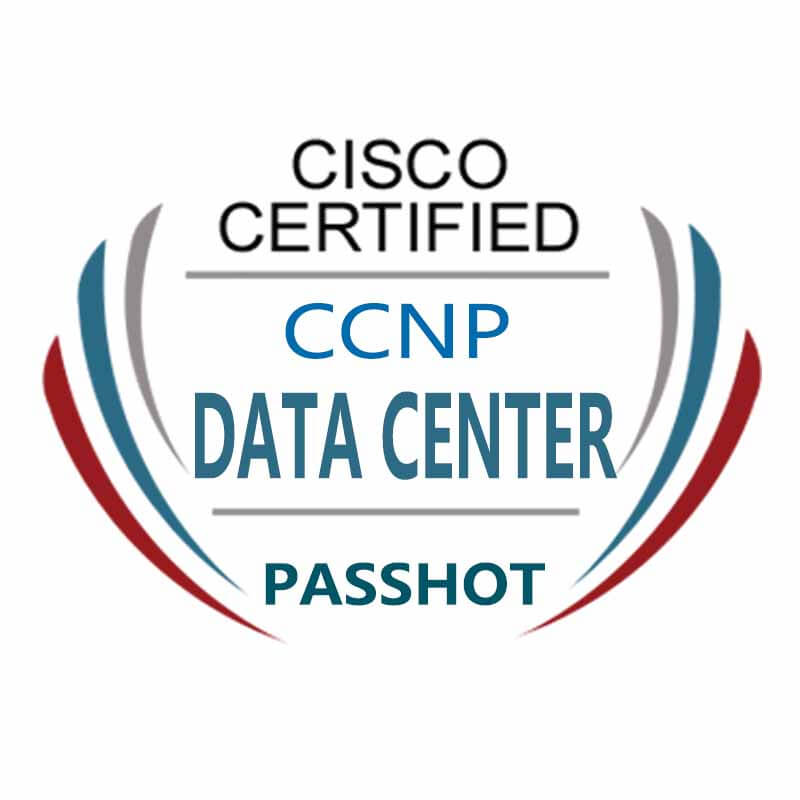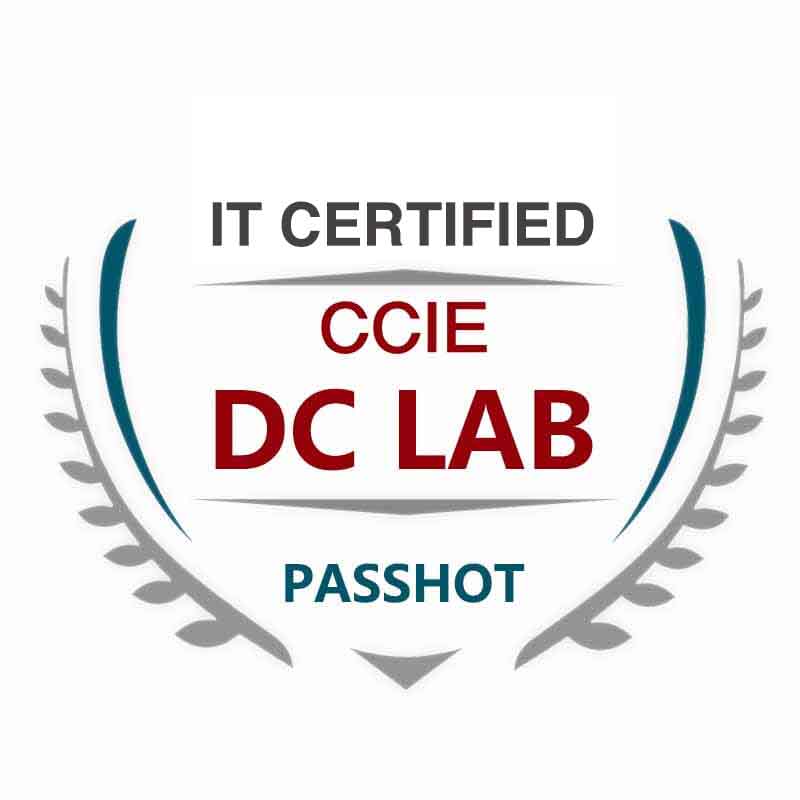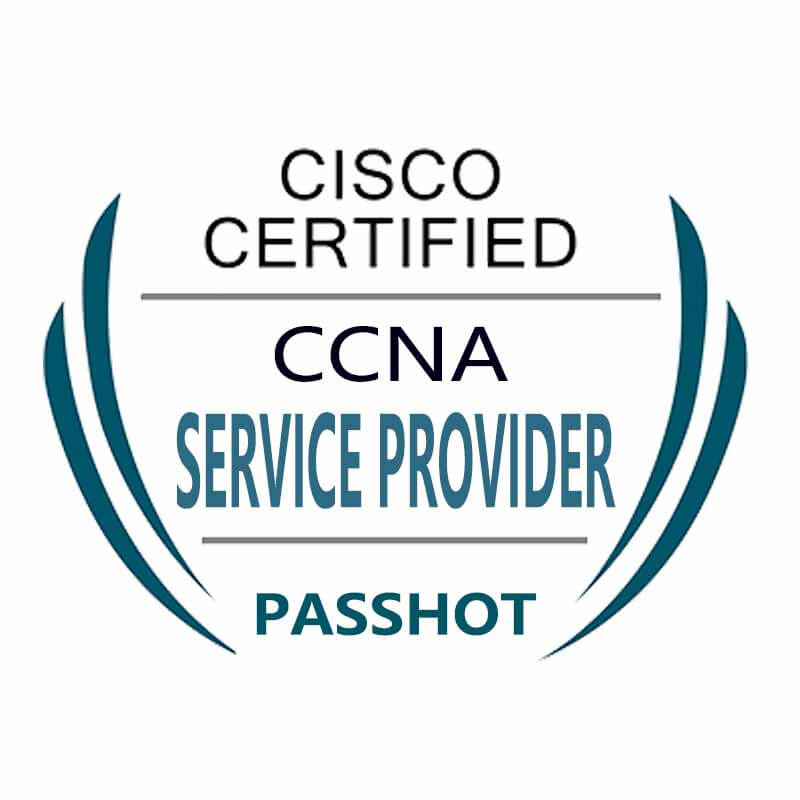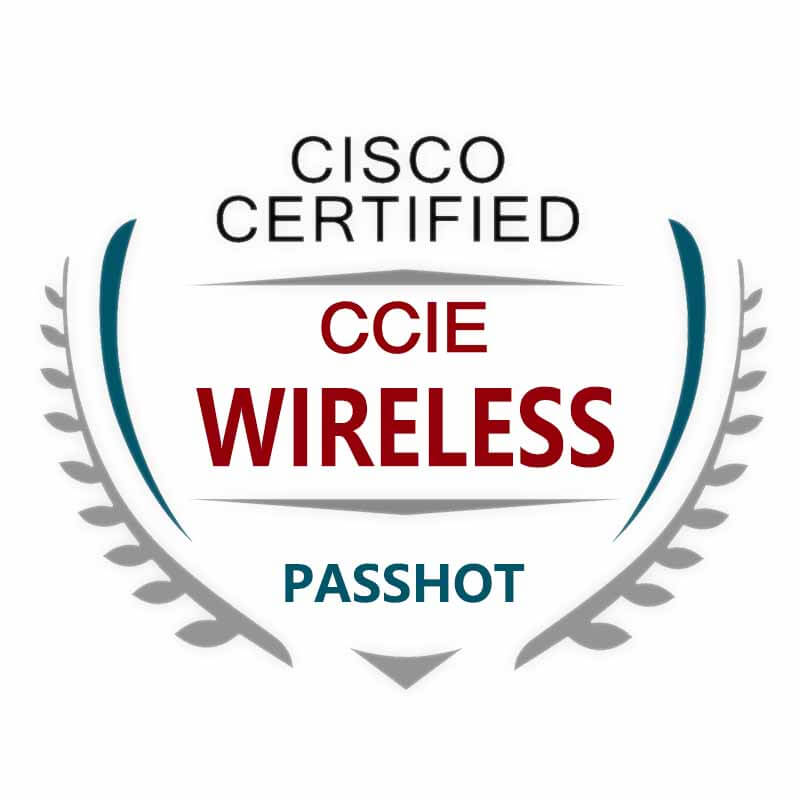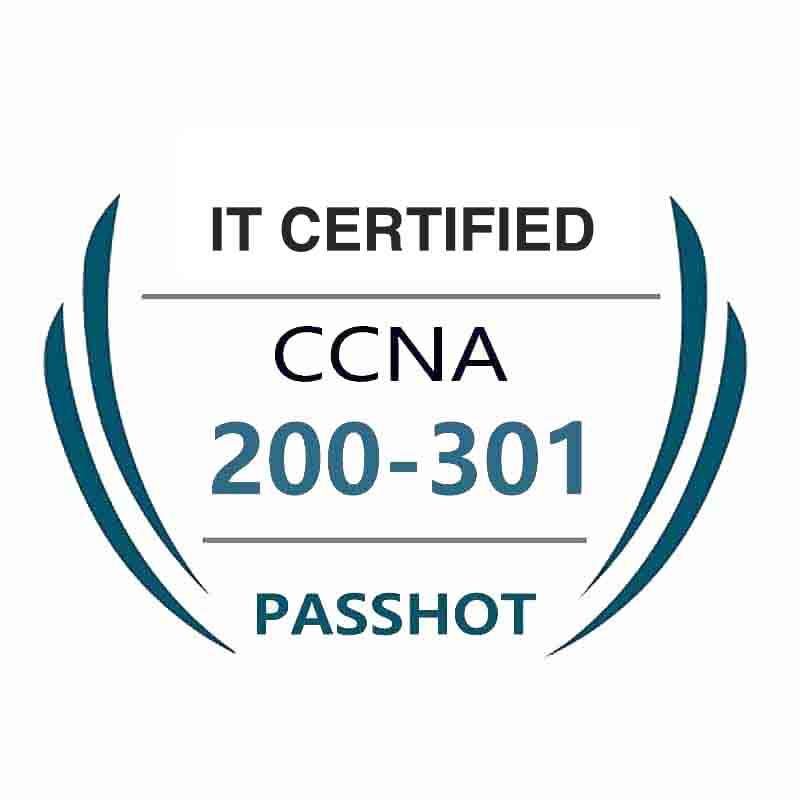100% Pass Cisco, PMP, CISA, CISM, AWS Dumps on SALE!
Get Now
01:59:56
X
What are the Cisco routing protocols?
CGMP: Cisco Group Management Protocol
Cisco Group Management Protocol CGMP is primarily used to restrict the forwarding of IP multicast packets only to ports connected to IP multicast clients. These clients automatically join and leave groups that receive IP multicast traffic, and the switch dynamically changes its forwarding behavior based on the request.
Once CGMP is activated, it automatically identifies the port that is connected to the CGMP-Capable router. CGMP is activated by default and supports up to 64 IP multicast group registrations. A multicast router that supports CGMP periodically sends CGMP JoinMessages to advertise itself to perform network switching behavior.
Each time the switch receives a CGMP join message, the timer is constantly updated. When the router keeps time expired, the switch is responsible for moving all known multicast groups out of CGMP.
When the switch receives a CGMP packet, the switch is responsible for converting the packet and changing the forwarding behavior of the multicast group. At this point, the multicast traffic is only sent to those ports that are connected to the appropriate IP multicast client. This process is automated and requires no user involvement.
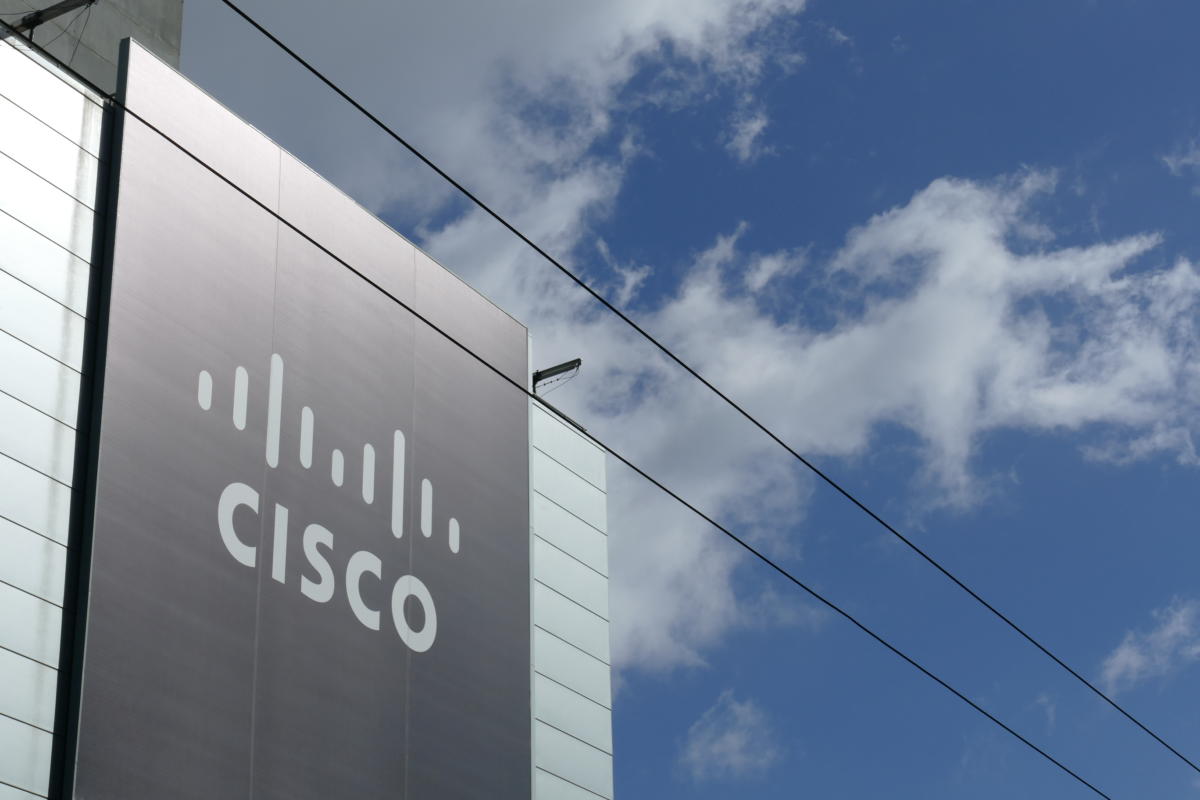
EIGRP: Enhanced Interior Gateway Routing Protocol
Enhanced Interior Gateway Routing Protocol EIGRP is an enhanced version of the IGRP protocol. IGRP is an internal gateway routing protocol provided by Cisco for TCP/IP and OSI Internet services. It is considered an internal gateway protocol, and as an external gateway protocol for intra-domain routing, it has not been universally applied.
The main differences between Enhanced IGRP and other routing protocols include: Fast Convergence, SubnetMask, partial update, and multiple network layer protocols. Routers that perform Enhanced IGRP store all their neighboring routing tables so that they can quickly take advantage of various selection paths.
IGRP: Interior Gateway Routing Protocol
Internal Gateway Routing Protocol (IGRP) is a routing protocol that provides routing functionality in an AS.
In the mid-1980s, the most common was RIP. Although RIP is very useful for routing small or medium-sized interconnected networks, it is becoming more and more restrictive as the network continues to evolve.
The availability of Cisco routers and the power of IGRP have enabled many small Internet organizations to replace RIP with IGRP. As early as the 1990s, Cisco introduced enhanced IGRP to further improve the operational efficiency of IGRP.
HSRP: Hot Backup Router Protocol
HSRP is designed to support IP traffic failover in certain situations without confusing, allowing hosts to use a single router, and maintaining inter-router connectivity even if the actual first hop router fails.
In other words, when the source host cannot dynamically know the IP address of the first hop router, the HSRP protocol can protect the first hop router from failure. The protocol contains multiple routers, one for each virtual router.
HSRP runs on UDP with port number 1985. The source address of the router forwarding protocol packet uses the actual IP address, not the virtual address. Based on this, the HSRP routers can recognize each other.
RGMP: Cisco Router Port Group Management Protocol
The RGMP of Cisco routers makes up for the shortcomings of the Internet Group Management Protocol in the Snooping technology mechanism. The RGMP protocol acts between the multicast router and the switch. With RGMP, multicast packets forwarded in the switch can be fixed to the required routers.
RGMP is designed to be used in conjunction with a multicast routing protocol that supports the allocation tree Join/Prune. Its typical protocol is PIM-SM. The RGMP protocol only specifies IPv4 multicast routing operations, not IPv6.
PASSHOT will often update some network engineers in the work of the difficult problems. If you feel good, please collect our website! Here can help you CCIE Written exam and CCIE Lab exam.
Cisco Dumps Popular Search:
cisco 200 301 study material when will ccna 200-301 cisco certification salary ccnp tshoot 2018 easiest way to pass ccna ccna dumps ccnav6 how to pass ccie lab ccna for dummies pdf ccnp route exam number ccna 200-301 exam test
Copyright © 2026 PASSHOT All rights reserved.

